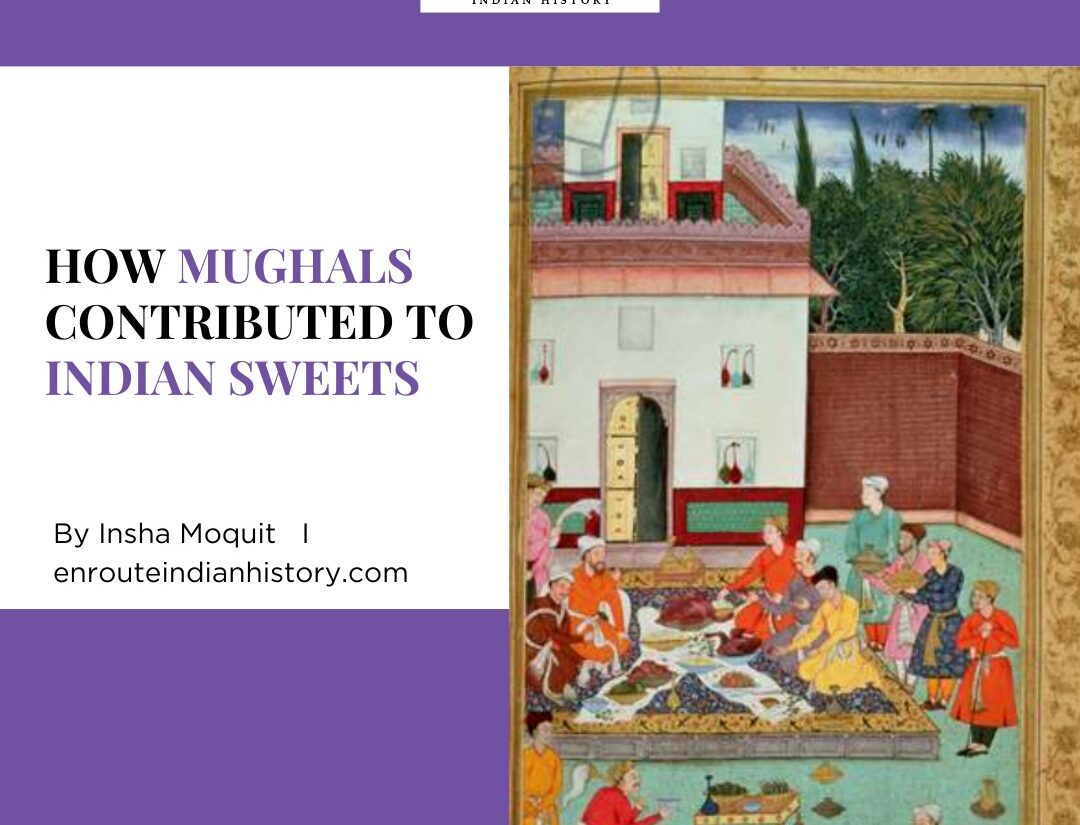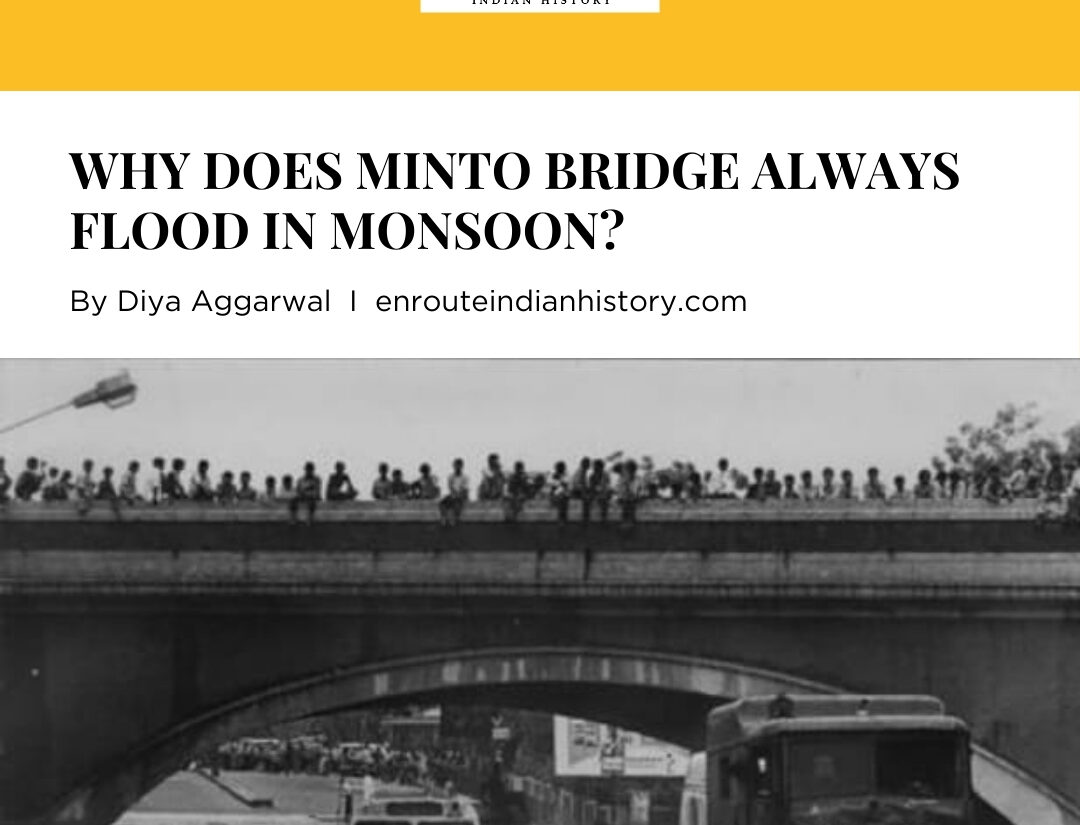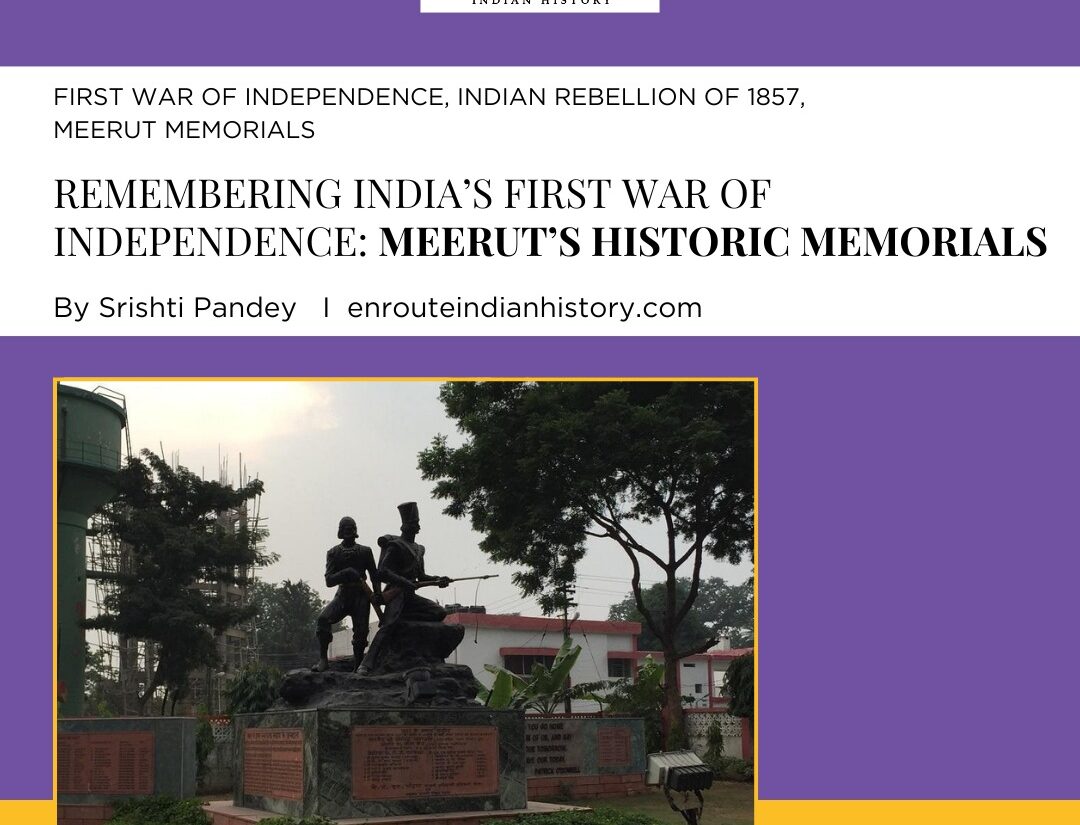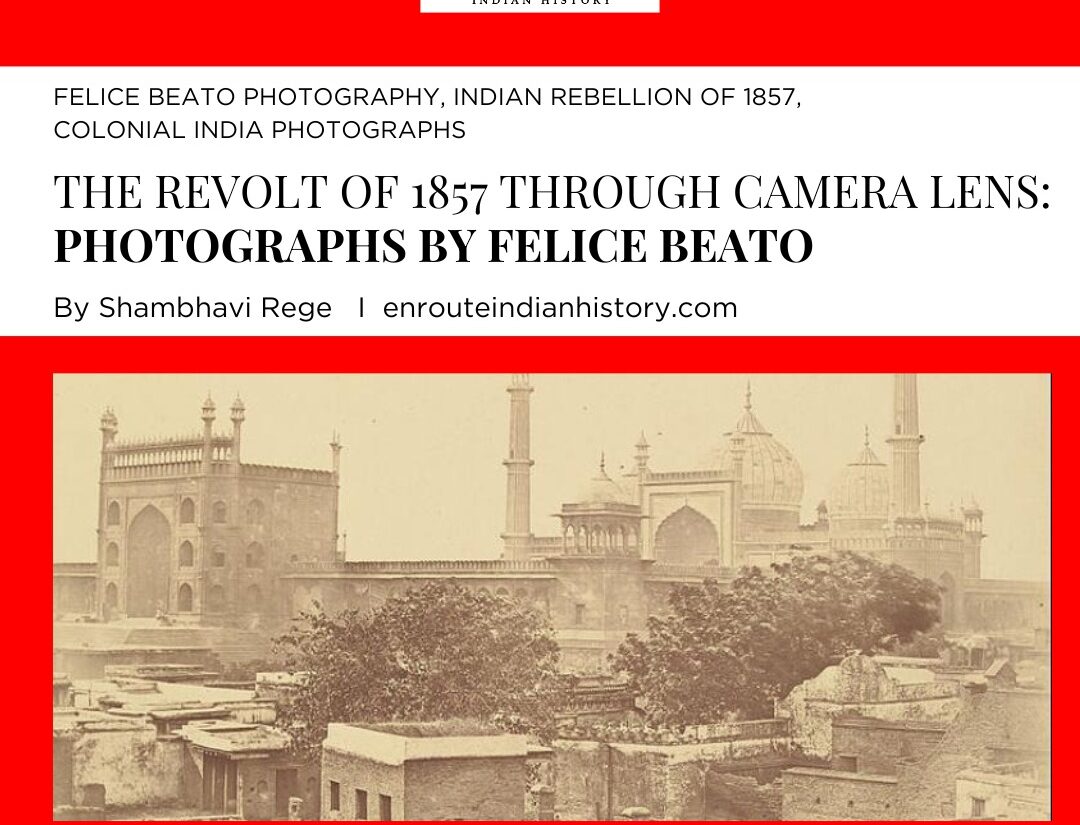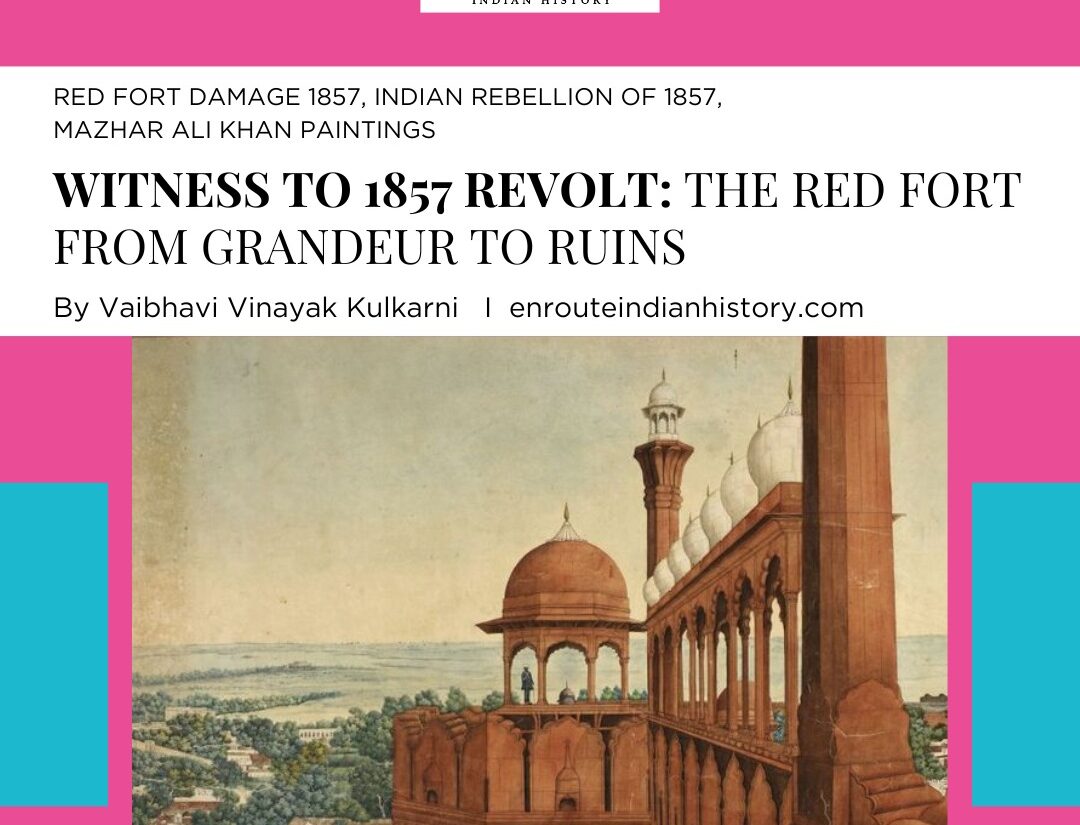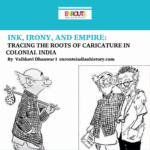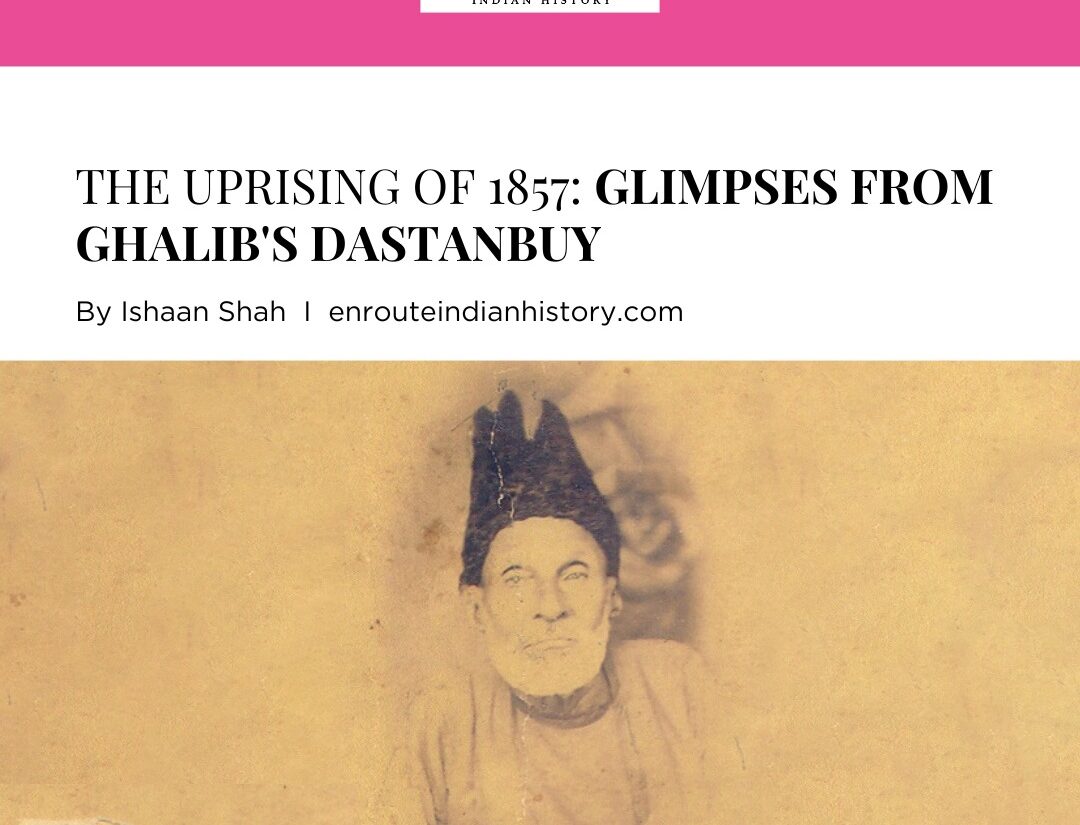
The Uprising of 1857 was a turning point in Indian history as it defined the contours of British Raj in India. During this pressing time, considering the Uprising of 1857 literature, the legendary Urdu poet, Mirza Ghalib, stayed in Delhi and witnessed all that was happening. He penned down his experiences and feelings in his ‘Dastanbuy’(which means ‘nosegay’ or a small bunch of sweetly scented flowers)– a diary that provides insights into his views, his loyalties, and his feelings that were impacted by the course, and the aftermath of the 1857 Revolt.
The mid-19th century invited trouble for colonial India when a group of grieved soldiers in Meerut refused the Enfield cartridges and were subsequently imprisoned. Enraged, their fellow soldiers 10 May shot their colonial masters and then marched to Delhi, where they proclaimed the ageing Mughal badshah Bahadur Shah Zafar as their leader. The colonial master thus regained and recaptured soon and many of the rebels were punished severely, with the Mughal Badshah being exiled to Rangoon (now, Myanmar). This forms the mainstream narrative of the Uprising, thereby omitting the lived experiences of the people during that time. It is in this historical context where the great Urdu poet, Mirza Asadullah Beg Khan, or Mirza Ghalib, and his diary, Dastanbuy needs to be taken into consideration as one of the most important Revolt literature of 1857. He lived in that horrific time when Delhi was under the control of the rebels and when the British recaptured the city in its aftermath. He describes how “the city of Delhi was emptied of its rulers and people instead with creatures of the Lord who acknowledge no lord- as if it were a garden without a gardener, and full of fruitless trees”. His diary is expressive of the loss of the very spirit and soul of Delhi and helps the readers to understand his own lived experiences during that tumultuous period. This diary expresses his clear condemnation of the revolt by the rebels and his alignment with the British Raj, even though he was also a very important individual to the Mughal court. The Revolt of 1857 poet’s perspective needs to be studied for a better comprehension of the 1857 Revolt and to gain useful insights into how the fast-paced events shaped the poet’s overall experience and perspective.
MIRZA GHALIB – EARLY LIFE AND POETRY
To understand Mirza Ghalib’s views on the 1857 revolt, it is essential to know who this Urdu poet was.
He was born in Agra on 27th December 1797. Unfortunately, he was very young when his father and uncle, both of Turkish descent, died. Therefore he spent his early boyhood with his mother’s family. He received no formal education and was privately tutored in a variety of subjects. Despite acknowledging his academic limitations, he was a brilliant Persian scholar and knew Arabic. He began writing Urdu poetry at just 10 under the pen name of ‘Asad’ from his name Asadullah, meaning ‘lion of God’. More on his poetry, he wrote under ‘Ghalib’, the name of the caliph of Islam, Ali. These names pay homage to the caliphs of the Shia doctrine- showing Ghalib’s inclination to this faith in contrast to his Sunni family. Before he turned 21, his writings reflected his meticulous ingenuity with no simplicity. He started writing in Persian in the 1820s and wrote in Urdu until the mid-1840s. His major works in both languages include 9 works in Persian and 14 works in Urdu. His poetry took three forms- a ghazal or a lyric, a masnavi or mystical parable, and a qasidah or a panegyric.
Throwing light on his personal life, he was married to a rich family in 1810 and shifted to Delhi. It was here that he lived a relatively comfortable life, facing difficulty maintaining his affluent aristocratic lifestyle. Being regarded as the last great poet of the Mughal era in addition to pioneering the transformation of Urdu into a simpler usage, he was titled ‘Dabir-ul-Mulk’ or secretary of state, ‘Najm-ud-daula’ or star of the state and ‘Mirza Nosha’ by the Mughal emperor Bahadur Shah Zafar. He was tied with the Mughal court since he was appointed as a poet tutor to the Emperor, a tutor to the latter’s eldest son, Prince Fakhr-ud Din Mirza, and as a royal historian (for which he was paid a salary of 50 rupees a month), which he mentions in his Dastanbuy, where he visits the royal palace and stays there for some time with the king but if the king doesn’t show up, he would sit briefly in the Diwan-i-Khas and would return. He never worked for livelihood and lived on the patronage of the Mughal Emperors or the good nature of his friends.
More important than any other economic activity, he was very concerned about receiving his pension and even petitioned this matter to the Governor-General in Calcutta to keep his pension alive. Despite many attempts, Ghalib couldn’t get his full pension back. He was also a good letter writer and most of his feelings about the Revolt of 1857 had been reflected through the letters he wrote to his close aides. This popular poet left for his heavenly abode

(Source- Wikipedia Commons, Mirza Asadullah Ghalib)
on 15th February 1869, at age 72. The great Ghalib has said a lot about the 1857 rebellion through his Dastanbuy.
GHALIB’S DASTANBUY– REVOLT LITERATURE 1857
Speaking of the revolt, Ghalib refers to a chronogram that mentions rast khezi bija which means ‘unwarranted revolt’- this makes it crystal clear that he deems the revolt unnecessary.
He mentions that on the 11th May 1857, the frontiers of the Red Fort were shaken to their core, calling the day ‘infamous’ when “rebellious soldiers from Meerut, faithless to the salt, entered Delhi thirsty for the blood of the British”. Ghalib further describes the people who earned their livelihood “by the grace of the British”. He describes them as people who could not engage in battle and could do nothing “but sit, helpless and grief-stricken, in their locked houses”.
The poet holds no qualms in praising the British highly as, “those great men, who embody wisdom, who personified justice” and also comments on the British women, describing them as “fairy-faced, slim-bodied women whose faces shone like the moon and whose bodies glittered like raw silver”. He praises the step of the British children, as more beautiful than that of the deer and the partridge. However, he illustrates how this beauty was attacked- “All of these were sucked into the whirlpool of death and were drowned in an ocean of blood”. This shows his clear siding with the British for reasons of considerable stability and progress and personally, for patronage and pension.
However, this stance of his was mentioned very clearly at the beginning of this diary-
“Readers of this book should know that I who, through the strokes of my pen scatter pearls on paper, have eaten the bread and salt of the British and, from my earliest childhood, have been fed from the table of these world conquerors”
The poet further describes the activities of the rebels, where “black-hearted, cruel killers made camp throughout the city”. Soon, the news of the rebellion spread, he mentions, where “the rebel soldiers had murdered the officers in their barracks and open rebellion had broken out”. He indeed makes a lot of comparisons, creating visual imagery, when condemning the actions of the rebels for instance, Ghalib mentions these rebels as “lowly men, engrossed only in their self-importance, are bust small blades of grass floating pompously on the wide water”.
Ghalib talks openly about his disapproval of the revolt and the actions of the rebel soldiers, which caused widespread anguish and fear amongst the people whose lives depended on their service to the colonial government. Talking about its impact, Ghalib says that the raiders broke out of their restraints and the merchants refused to pay taxes. Moreover, houses were abandoned and apartments were looted. He expresses his sorrow over the looting of the ornaments of Delhi women by “black-hearted, cowardly robbers”. His writings express that the unhappy individuals have nothing else to desire, but “moments of respite and a little justice”, when these men hope to rule over the British.
Not only this, the poet also reflects his worry about the breakdown of the administrative machinery when he mentions that the postal system virtually stopped. He convinces the readers that this breakdown of the postal system is a great cause of sorrow for the people as there were no other means to know the welfare of their loved ones. The Urdu poet exemplifies an anarchic situation, where the rebel “soldiers rule over dervish and king alike”. After this, he expresses his anguish when he speaks with great melancholy in his heart.
“How can poetry soothe me when my heart is burned with hot sighs? My heart fails, my limbs weaken and I neither fear punishment nor do I crave reward”
This mentions his inner state which doesn’t fear any punishment for publishing this diary during this tumultuous time nor asks for any reward for supporting the British. The poet finds it strange how these rebels were allowed to even go before the emperor and how they were given shelter under the Mughal Emperor. However, it is crucial to have understood so far that Ghalib was juggling between two loyalties- one to the Mughal Emperor and the other to the British. He was somehow able to balance between and bring some congruence earlier, but 1857 tested this equilibrium with great lamentation. It is, however, important to understand

(Source- BBC, Captain Hodson Arresting the King of Delhi, 1857)
how he views the recapturing efforts of the British thereby throwing further light on his painful feelings and experiences.
UPRISING OF 1857 LITERATURE- GHALIB’S DASTANBUY- RETALIATION AND AFTERMATH
Ghalib throws some light on the retaliatory plans of the British where “they have skillfully arranged their batteries and so have converted it into a kind of fortress. On all four sides they have fixed their fire-breathing, lightning-striking cannons; and, in this manner, through their perseverance, they have made a haven of peace in a land of adversity”. Then, he further explicates the spread of the rebellion which was attributed to the fact that the Mughal Emperor was associated with the revolt. Noblemen like Tafazzul Husain from Farrukhabad and Khan Bahadur Khan from Bareilly paid their homage to the Emperor. The diary explains that some soldiers of the British Raj camped in Bareilly and blocked the gate of the town in opposition to the rebels. Furthermore, as Ghalib writes, the British captured the Kashmiri gate which was a huge blow to the strength of the rebels, on 14th September.
Speaking of the power and strength of the British, the “lion-conquerors”, Ghalib mentions that “the victors killed all whom they found on the streets”- this might hint that the poet, though inclined towards the British, is hurt by the strong counter-violence that the British inflicted as a part of retaliatory measures, against the rebels. However, he mentions too that when some of the rebels fought back, they were “destroying the honor and prestige of Delhi”.
He mentions that the roads from the Kashmiri Gate to Chandni Chowk have become battlegrounds and that his “house of sorrow” lies exactly between Kashmiri and Delhi Gate.
Coming back to retaliation, he says with deep sorrow that when the British entered the town, “they killed the hopeless and weak and they burned their houses” but then he immediately justifies that maybe “such atrocities always occur after conquest”. After talking about the migration of the people of Delhi who stayed outside the city, the poet speaks of his anguish and dilemma that he has not committed any wrong and should not get punished as the “English do not kill the innocent”. This reflects his inner fear and his self-assuring statements, furthering his belief in British justice that his life would be spared.
Shedding some light on the public fear, he says that on 18th September the British captured the city and the Fort and the fear of mass arrests and assassinations started to haunt the people, who were taken by fear. Ghalib then chooses to digress from the topic and speaks about the termination of essential services and people were hungry and thirsty all day and all night. He discloses his age as 62 and mentions his personal and family background in the subsequent pages. The poet cements his inclination towards the British, by mentioning his panegyric composed for the Queen and then explains his petition for the robe of honor and “a few crumbs from her bounteous table- a ‘pension”. The petition was sent to England and he was elated with the letters sent to him that were of good omen. He then goes on to describe the post-recapturing looting that also raided the houses of his brother but his life was spared. He justifies that how the soldiers act with the residents shapes the nature and manner of their looting and killing.
Commenting on the nature of their retaliation, Ghalib says that their anger was so big at the Delhi citizens that “one would think they would leave not even a dog or a cat alive” Again, he pines at the nature of their measures; full of violence and fuming with revenge. But, the poet seeks to justify it that they controlled themselves and did not molest women and children. After describing once again the great sorrow that fills people, he refers to an incident when the soldiers entered his house and took his children to Colonel Brown. The poet was lucky enough to have been spared, being asked only his name, and was allowed to return home. Mirza Nosha then declared the final victory of the British over the rebels when he heard a twenty-one-gun salute in October. He is so grief-stricken with the entire episode that he says that he has been like a dead man and gets worried thinking about the consequences.
Ghalib seeks protection from these unwarranted arrests and seeks to find more information that waits to be unheard after he frees himself from this confinement. He then mourns the death of his brother, Yusuf Mirza, attributing to a high fever, and gets pained by his inability to perform his last rites; the neighbors step in and do the needful instead. After this, he explains individual cases of recapturing and looting, like in the case of Aminuddin Khan Bahadur and Muhammad Ziyauddin Khan Bahadur. Subsequently, he delves briefly into individual cases of kings who were punished and their possessions plundered. Later the Urdu poet sheds light on specific people being released in February. On 19th February, he wrote a qasida of congratulations for Sir John Lawrence and disclosed that this is his practice of sending a panegyric to whoever visits Delhi or India. He then goes on to compare the arrival of Chief Commissioner Bahadur in Delhi to that of the return of Emperor Shahjahan. However, he struggles to see the condition of Delhi which is deprived of its previous glory.
A POET’S PERSPECTIVE- GHALIB AND THE DESPAIR OF DELHI
Ghalib’s Dastanbuy doesn’t only form an integral primary source to study and reconstruct the history of the rebellion but it also reflects the poet’s perspective over the loss of the heart and soul of Delhi, after a fierce counter-attack on the city and rebels by the British. He talks of the prison and calls to the angel of death, who only knows how many people have been hanged. The toll of death may have been so high that, according to him, it is not possible to spot more than 1,000 Muslims in the entire city of Delhi. Many important people live outside the city and some are afraid to return to the city. But many have also asked for the renewal of their pensions along with the permission to stay in Delhi and be released from prison.
The poet too waits for a reply to the letter he sent by post. The reply was received by him which said that the petition should be “channeled properly through the district authorities”, however, his panegyric letter was not sent which made him believe that during such trying times, there is no place for love and happiness. The poet’s pain is further expressed when he writes that he is “merely a slave to my belly and seeks only bread”- making it clear that the colonial authorities were also unable to provide the poet with any means of patronage. He then makes it clear that if the Almighty has bestowed upon the victors, sovereignty with dignity and talent for victory, then people should obey them as if obeying to the Lord himself.
The poet’s views of the aftermath of the revolt, more so portraying a gloomy picture of the pillage of Delhi becomes more evident when he laments that in the month of Farwardin and Nauroz which lights up the earth, this year invites no happy cries or shouts of pleasure. But he also brings to the reader’s attention that the basic principles of life do not change or alter its course; it continue its flow in life. He not only laments the loss of spring but also complains of his misfortunes and evaluates that if he is confined within the corners of grief, spring would continue to be beautiful and the breeze would remain lovely.
After subsequent references to various places reconquered by the British, he brings some hope to himself and to those whose livelihood depended on the British, by saying that “the regime of the stubborn rebels” will soon be ended completely and that all the territories would come “under the banner of righteous rulers”. He feels happy and hopeful over the recapturing of Gwalior with the rulers rejoicing over this news and the rebels completely vanquished.
The poet then brings attention to himself who is ageing and due to sorrows that fill his soul, he cannot hope to live any further longer. He feels grateful to his close aides who helped him, for example, to satiate his thirst for wine, Mahesh Das. It also includes Hira Singh and Shivji Ram Brahman who helped him and dispelled his sadness. It also included his dearest friend, Mirza Tufta- who is sincere and full of affection, according to Ghalib. His affliction with pain is reflected when he describes the darkness in Delhi and he is left with no one but his pen and his shadow. Even though his house and its things were spared, the poet reveals that he has nothing saved except for the clothes he is wearing and bedding. His wife had given all the jewelry to Kale Sahib, the son of a saint, without informing the poet. But these things were lost and the poet feels glad that these were not retrieved from his own house. Furthermore, the homes where the poet’s Urdu collection was stored, of Nawab Ziyauddin Khan and Nawab Husain Mirza, were destroyed and the libraries were plundered.
He then returns to the pension issue saying that there seems to be no way to receive it and he lives by selling clothes and bedding. At the end of his diary, he returns to the point that concerns his survival and protection- his longing for the concerned authorities to fulfill his petitions which are a title, a robe of honor, and a pension. After an elaborate panegyric of Queen Victoria of England, he hopes that this book will be true to its name- “an ever-fresh bouquet but in the hands of the evil-minded it will be a hot ball”.
So, when anyone wishes to delve into the intricacies and various nuances of the 1857 Revolt, it becomes crucial to consider revolt literature to get valuable insights into the minds of legendary poets and litterateurs. The Dastanbuy by Mirza Ghalib is such an example and as one would have already understood. After the analysis of his book, one can understand that he looked forward to it as a means of survival in those trying times, to avoid any sort of reprisal from the British. As the British were far more powerful, strong, and resourceful than the Indian loyalty during that time, Ghalib is clear about his alignment and vilifies the rebellion. The poet wanted to get his pension restored, but as it can be observed his efforts did not bore fruit and all his petitions for the same were in vain. Even though he inclined himself with the British, he was not fearful to express himself over the loss of his beloved city, Delhi, at the hands of the British, due to their furious and aggressive countermeasures against the rebels. The diary is not only about securing a pension and composing panegyrics in praise of the colonial masters, but the poet laments over the entire situation and suffers so much internally over the impact caused by the uprising. More than serving as a source of

(Source- TripAdvisor, Ghalib ki Haveli)
history for the Uprising of 1857, it’s an insight into the poetic mind of this acclaimed poet who was quite disturbed and gloomy.
BIBLIOGRAPHY AND REFERENCES
Mirza Asadullah Khan Ghalib, Dastanbuy: A Diary of the Indian Revolt of 1857, trans. Khwaja Ahmad Faruqi (Bombay: Asia Publishing House, 1970)
S.Gupta, How Ghalib Mourned the ‘Loss of Delhi’ During the 1857 Revolt, Sahapedia
https://www.sahapedia.org/how-ghalib-mourned-loss-delhi-during-1857-revolt
Pavan K. Verma, Ghalib: The Man, The Times (Gurgaon: Penguin Group, 2008), Chapter Four, Apple Books
https://archive.org/details/ghalibmantimes0000varm/mode/1up?view=theater
R.G.Singh, A Poet’s survival in an unpoetic age- Mirza Ghalib and the revolt of 1857, International Conference on Research Developments in Arts, Social Science and Humanities (2018)
http://data.conferenceworld.in/ASH-2018/40.pdf
http://www.ghalib.org/Front%20Matter/fm012_about.html
https://www.aljazeera.com/features/2017/12/27/mirza-ghalib-legendary-poet-of-the-urdu-language
Spear, Percival (1972). “Ghalib’s Delhi” (PDF). columbia.edu.
Naim, C.M. (September 2001). “Ghalib’s Delhi: A Shamelessly Revisionist Look at Two Popular Metaphors”
Britannica, The Editors of Encyclopaedia. “Indian Mutiny”. Encyclopedia Britannica, 9 May. 2024, https://www.britannica.com/event/Indian-Mutiny. Accessed 26 May 2024. (Other Contributors include Atul Kumar and Jessica Yi)
IMAGE REFERENCES
https://commons.wikimedia.org/wiki/File:Mirza_Ghalib_(circa_1860-1869).jpg
https://www.bbc.com/news/world-asia-41884390
https://www.tripadvisor.in/Attraction_Review-g304551-d9758280-Reviews-Mirza_Ghalib_Ki_Haveli-New_Delhi_National_Capital_Territory_of_Delhi.html
- May 29, 2024
- 11 Min Read
- May 29, 2024
- 8 Min Read

